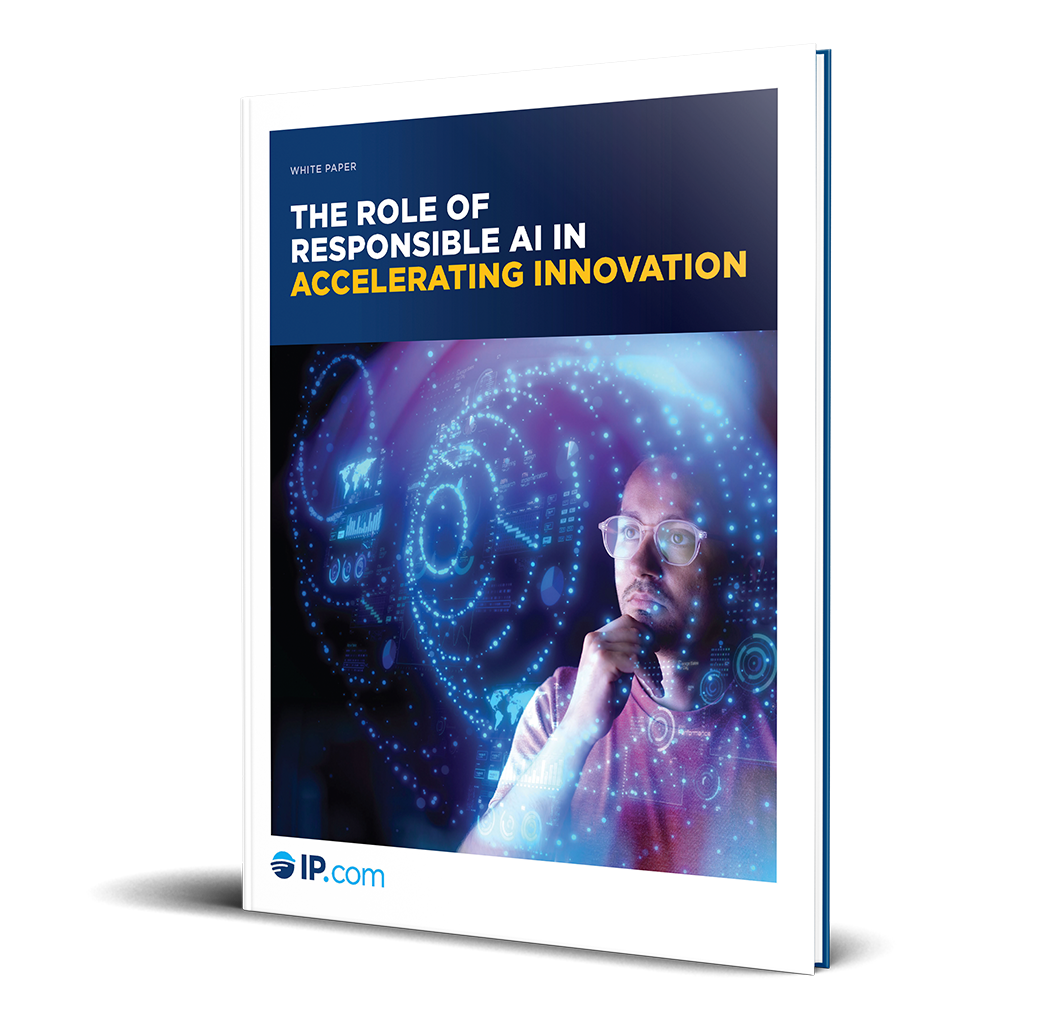Google recently released a video introducing their new AI model called Gemini, which presents the moderator’s engagement with the AI Gemini to discuss and prompt back and forth dialogue about a variety of different subjects in the video. What appears to be an organic, candid conversation about drawings, the world map, games, and more is really incredible to witness, but is this authentically AI or is it an illusion? If you look carefully in the description of the video it states “For the purposes of this demo, latency has been reduced and Gemini outputs have been shortened for brevity.” Google published a blog post at the same time as the video elaborating further on how the video was made. Google continues to elaborate on a technique called “multimodal prompting” where different combinations of modalities are provided to the AI ahead of time to provide the context it needs to determine what exactly it is looking at. For example, a hand displayed with a fist clenched could be interpreted a variety of ways by Gemini, but by providing an image of a flat hand and a hand in a scissor position afterwards, the AI can then deduce that it is the game rock, paper, scissors that it is witnessing. To add insult to injury, Google further admitted to Bloomberg that the video was not recorded in real-time and voice prompts were not even used, the vocal interaction with Gemini that you hear was dubbed in later. So why is Google working so hard to present AI’s potential in a misleading or falsified way? Why bother at all? Why not wait until the technology actually exists as Google has presented and introduced it at that time? The answer lies in Google’s priority for the sociological adoption and comfortability of AI usage for the general public.
Google’s Influence on Tech Adoption
Since 1998, Google’s influence across an array of tech markets has grown considerably, and with that growth comes a considerable level of influence on the general public’s perception of technology standards. A survey conducted in November of 2021 by the Pew Research center found that only 18% of Americans were more excited about AI than concerned about it, with 37% mostly concerned, and 45% equally concerned and excited. This is just one example of the barriers facing technological adoption of AI in society. With all technology advancements, the general public’s adoption and comfortability will help determine the success of the technology. We witnessed the same sociological perception shift with the automotive industry in the early-to-mid 1900s, with the internet in the 1980s and 1990s, with sustainable tech solutions in the 2000s–the list goes on, which shaped the world we live in today. AI is no different, and it’s in Google’s best interest to mold the landscape of AI to influence society and reduce barriers to AI adoption in the future.

What are the implications of illusionary AI presentations?
The technology landscape is changing at an exponentially faster pace and the motivation for organizations and developers to “out-do” one another with new technology has become a standard in the technology races. AI’s recent explosion has prompted a rapid tech race to out-do and improve the power of AI, with organizations even going so far as to use video editing to romanticize the potential power of AI for viewers to encourage and influence consumer readiness. But at what cost?
The depiction of Google’s Gemini AI in their recently launched video followed by the swift confession of the inaccuracy and manipulation of it to depict the potential “dream state” of Gemini is a perfect example of irresponsible promotion and risks eroding the natural societal progress to using AI responsibly–and Google knows all about the concerns with using AI responsibly. A Google search for “Responsible AI” in late September 2023 returned about 1,010,000,000 results. The criticality of Responsible AI is rooted in what it comprehends: the ethics that guide AI’s creation and use, and the security measures used to safeguard it and its users.
What does this mean for the future?
As with all new technologies, it’s difficult to accurately comprehend what will happen. As influential private corporations, governments, and society in general push AI ahead, authenticity, transparency, security, and safety of consumers engaging with AI-powered technology at work and at home are paramount.
IP.com has been delivering AI-assisted software and solutions for its clients with a dedicated focus on maintaining responsible use of AI at all levels. AI integration is a tool–an enhancement to accomplish the core goals of our technology faster and more reliably for our customers. You can read more about the role of responsible AI in accelerating the innovation workflow in our new whitepaper.

